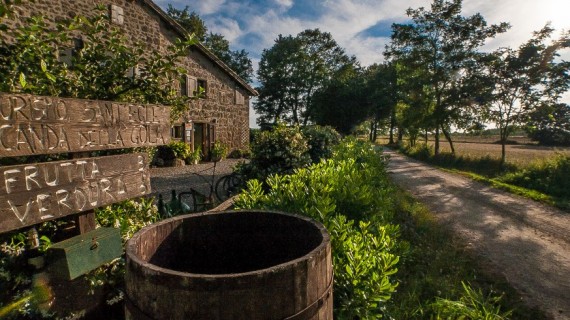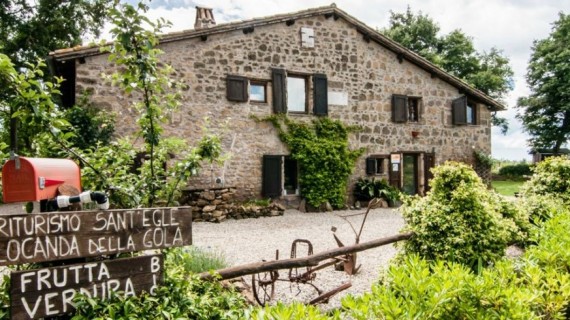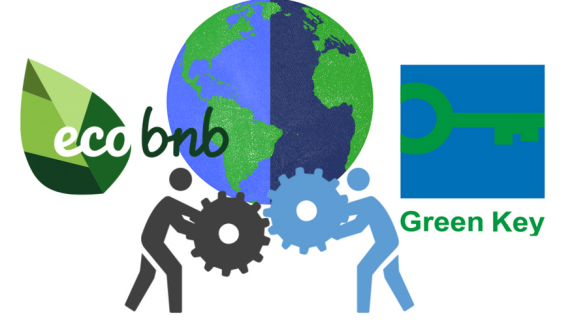Discovering unique places without harming the environment, hosted in accommodations with enough ecological quality, is the desire of every traveler who is aware of how much his or her journey can harm the environment.
But, the increasing demand for eco-tourism is causing an increase in “greenwashing” too. Eco-sustainability, in fact, has often become a marketing strategy, and some tourist accommodations use only small and limited sustainability improvements to please the eyes of sustainable development aware consumers. With the same effort, they could just become really committed to the environmental cause.
We analyzed this phenomenon in depth. Looking at the environmental certifications linked to tourism in Italy and Europe, we wanted to know what are the real requirements to rank the ecological quality of a hotel, a bed & breakfast, a farmhouse, a camping, or any other accommodation for our journey.
How to measure the ecological quality of your accommodations?
Following the principles of the most trusted European ecolabels, like the Swedish white swan or the European Ecolabel flower, Ecobnb has chosen 10 fundamental requirements and another 10 secondary requirements, that every accommodation should try to respect if they are really environmentally friendly.
If your hotel, farmhouse, bed & breakfast, camping or apartment has at least 5 out of 10 of the fundamental requirements, and it’s currently active in reducing its ecological footprint than you can join the Ecobnb network.
Here are the 10 eco sustainability’s fundamental requirements of the Ecobnb’s accommodation network:
1. Organic food or zero-mile food
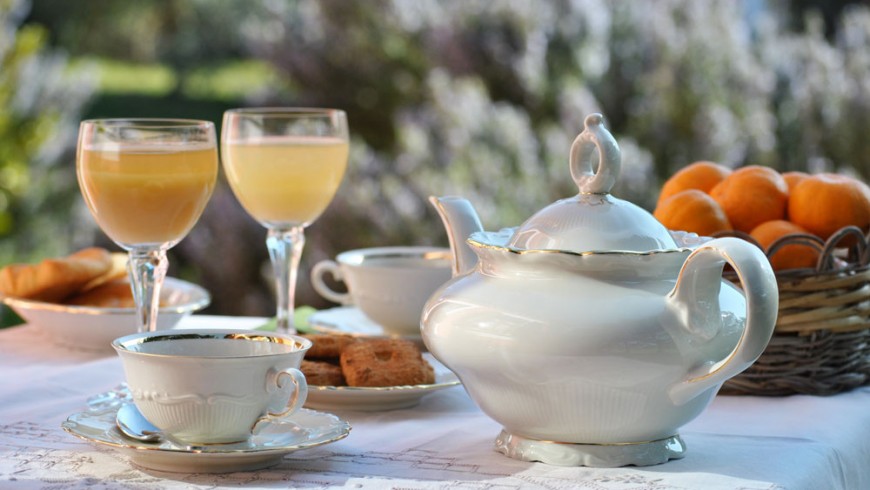
Food menù are mainly composed using seasonal, organic and local food products. All the ingredients coming from bio-farming are clearly indicated in the menù. They are willing to provide a variety of local and regional receipts. They don’t serve either GMO products or similar, nor products subjected to irradiation. They use water from waterworks or glass bottled water coming from regional sources, or at least not far from the accommodation, where regional sources are unavailable.
2. Bio-architecture and environmentally friendly furniture
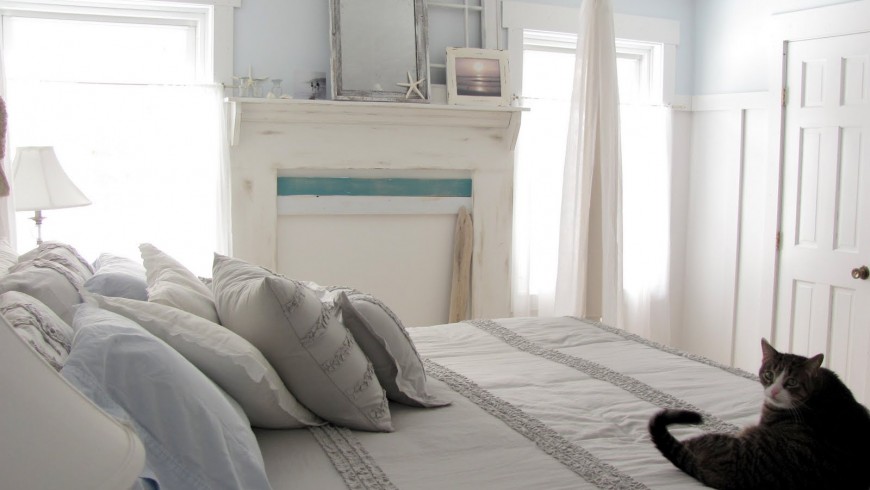
The structure shows a good level of thermal insulation with consumption lower than 50 kWh/m² per year. Paintings, finishes, and pieces of furniture are mainly composed of natural materials, without harmful substances of petrochemical origin / of well-known toxicity, and formaldehyde’s emission-free.
3. Solar Panels for warm water
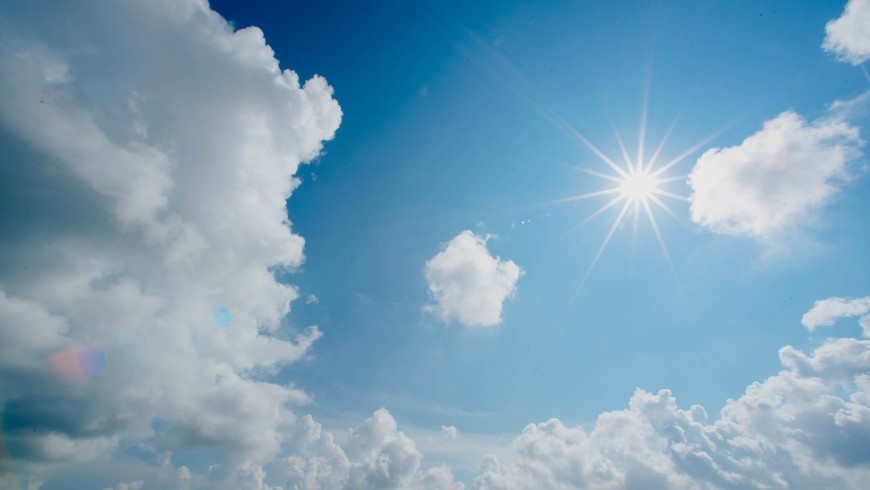
Solar panels are used for warm water production.
4. Electricity from 100% renewable sources
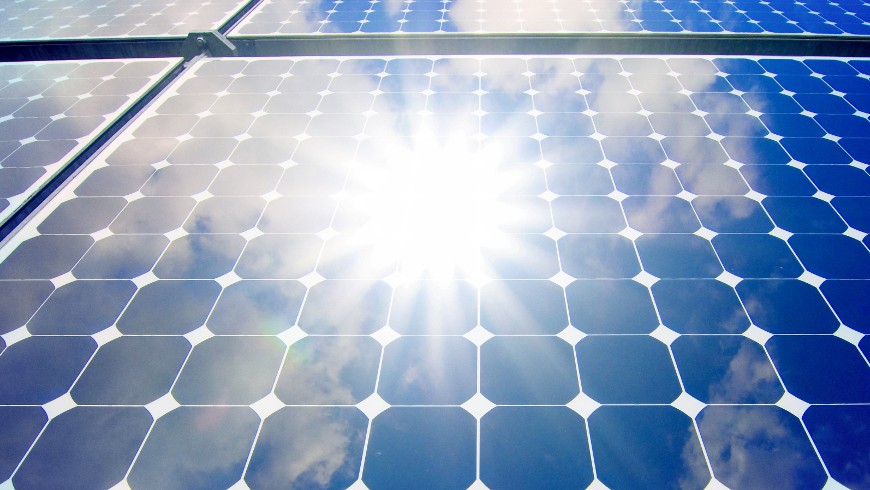
Electric energy comes 100% from photovoltaic, wind, micro-wind or micro-hydroelectric plants belonging to the same accommodation or they buy it from clean energy providers (coming 100% from renewable sources).
5. Environmentally friendly cleaning products
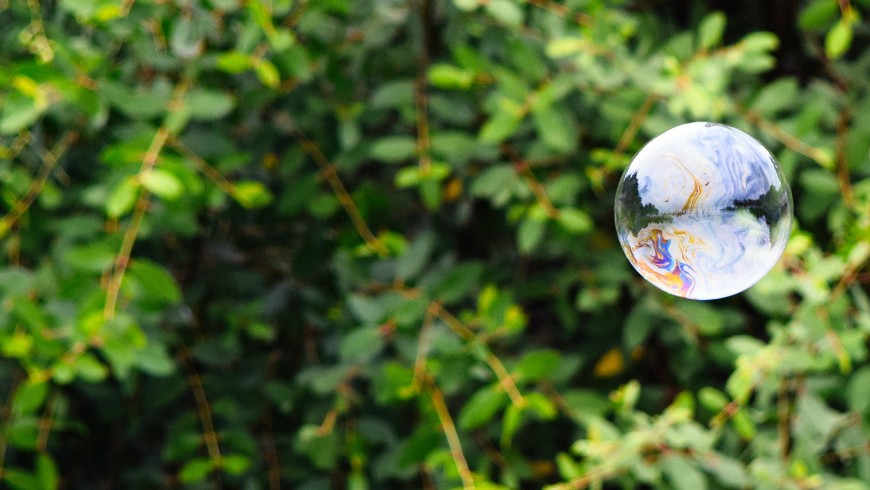
Highly biodegradable cleaning products and natural air-fresheners are generally used, like the ones of Officina Naturae.
6. Recycling beyond 80%
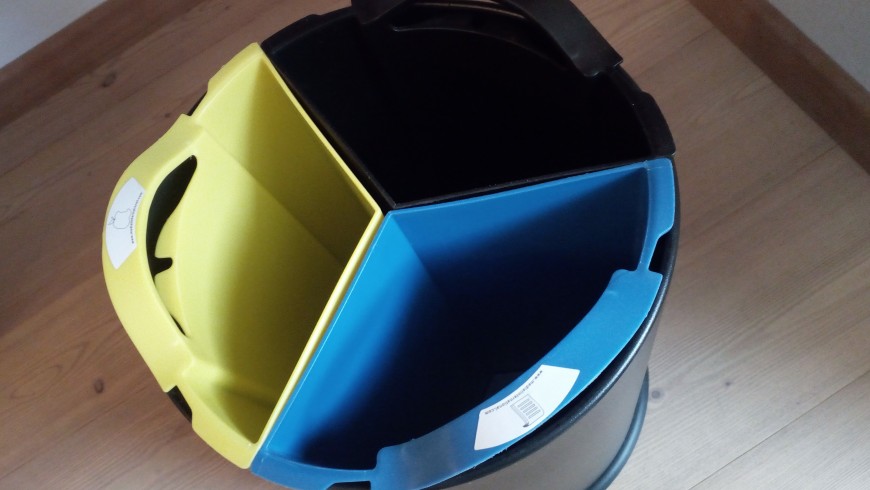
The different kind of wastes is separated according to the local recycling options, going beyond 80% of the total amount. Guests have easy access in the common areas of different recycling baskets for paper, glass, plastic, and metals. If possible, composting organic wastes is encouraged. Guests are fully informed about recycling rules and invited to join.
7. Accessibility with public transports
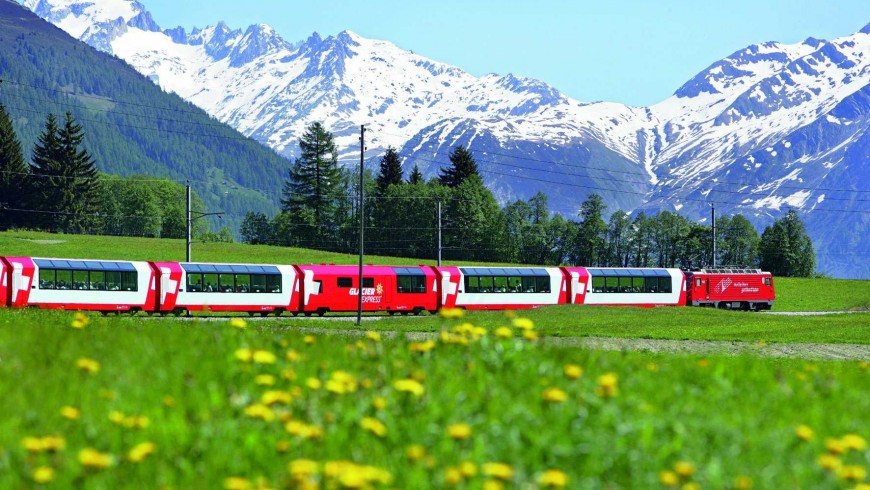
The structure is reachable with public transports, or bus service is offered for guests coming with public transports. They give full information on public transport services available on the place and encourage their guests to use public transports.
8. Low-power eco bulbs

All the lamps are eco-friendly and energy-savings. The organization encourages awareness-raising actions about energy saving through the use of simple but effective messages.
9. Flow reducers for saving water
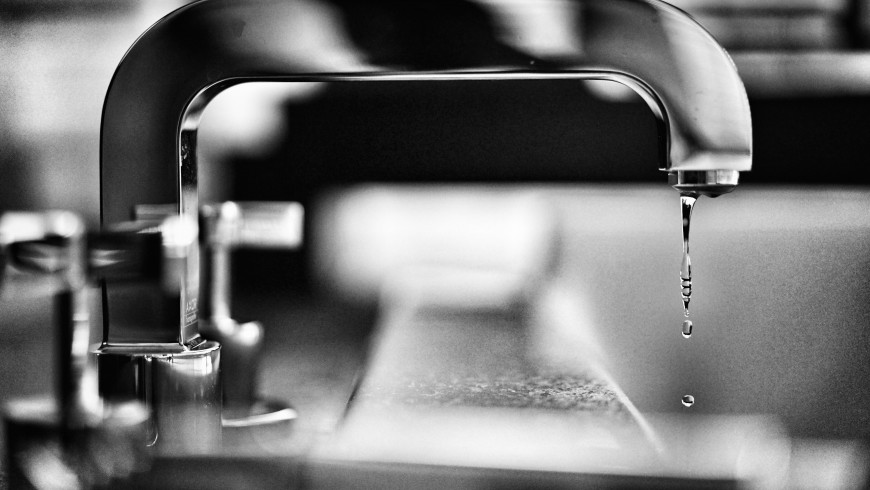
In taps and showers flow reducers to a max of 8.5 liters/ minute are installed. The organization encourages awareness-raising actions about water saving through the use of simple but effective messages.
10. Collection and Re-use of rainwaters
Rainwaters are collected and reused for secondary purposes (toilet flushes, irrigation of gardens, car-washing).
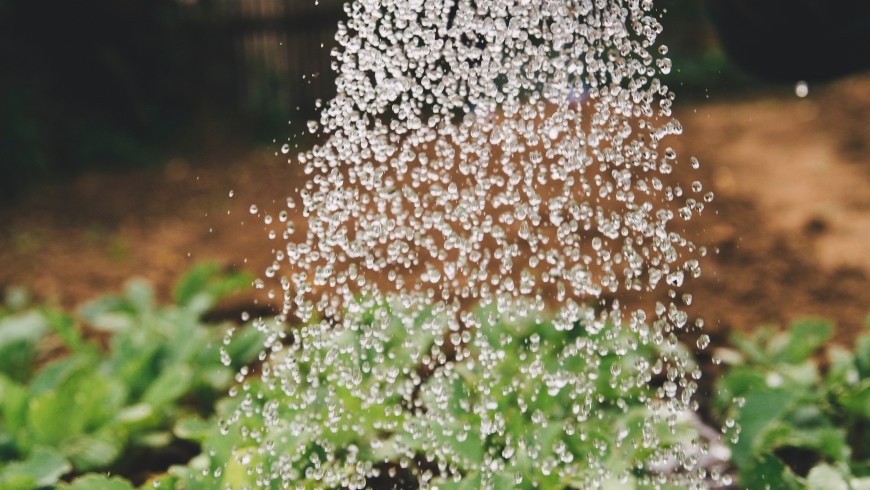
These are the 10 fundamentals requirements on which we focused, used to select the tourist accommodations deserving to become part of the eco-friendly Ecobnb network (they need to comply with at least 5 criteria out of 10).
Other requirements for eco-friendly hotels
There are also secondary requirements which are useful to measure the ecological quality of your tourist accommodation:
- Avoid single dose: single-dose packages are avoided, as well as disposable plates and glasses. Returnable items and reusable packages for food and beverages are used as much as possible.
- Rental bike service: the accommodation provide his guests with bikes, at least 1 bike every 2 rooms.
- E-car charging station: the accommodation give the possibility to charge the guest’s electric vehicles.
- Vegan or vegetarian menu: the accommodation gives many options to its vegetarian or vegan guests.
- Energy Class A home appliances: home appliances (refrigerators, freezers, washing machines, dishwashers) are all energy class A.
- Sensitive to movement sensors: photoelectric cells are installed in environments which need to be always enlighted.
- Changing towels upon request: towels and linen are changed once a week, except in case the guest explicitly request it.
- Double mode toilet flushes: toilet flushes have a double button/blocking device.
- Naturally air conditioning or class A air conditioning: natural air conditioning, or air conditioning devices which comply with energy class A regulation upon directive 2002/31/CE.
- Thermal efficient boilers: boilers with burning efficiency by up to 90%.
- Recycled paper use: paper for toilet use, as well as for copy machines, printers or advertising use, is all recycled.
- Encouraging “eco” initiatives: initiatives and events that raise awareness about eco-tourism are organized and encouraged.
- Support to the local economy: local products and services have priority.
- ….
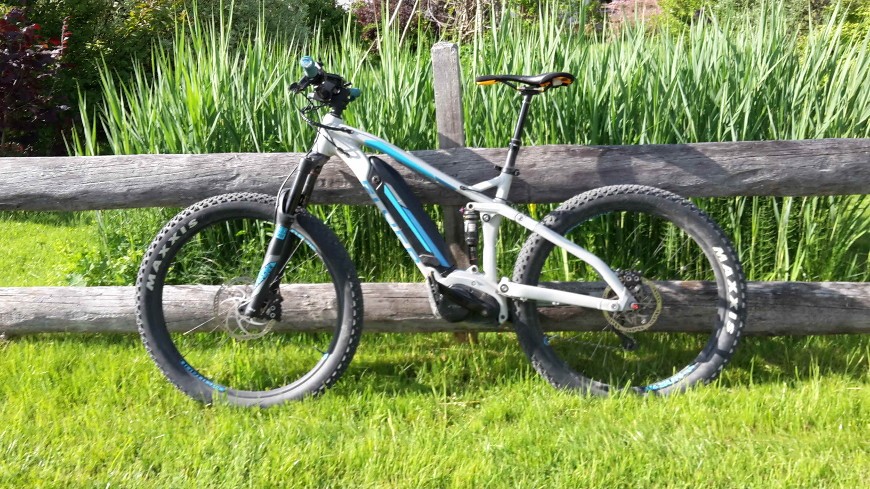
Your accommodation, or the one where you usually go on holiday, comply with how many of these criteria?
If it complies with at least 5 out of 10, it means it shows good ecological quality and it’s qualified to belong to Ecobnb network.
What are really sustainable accommodations? You can find them on Ecobnb! 🙂
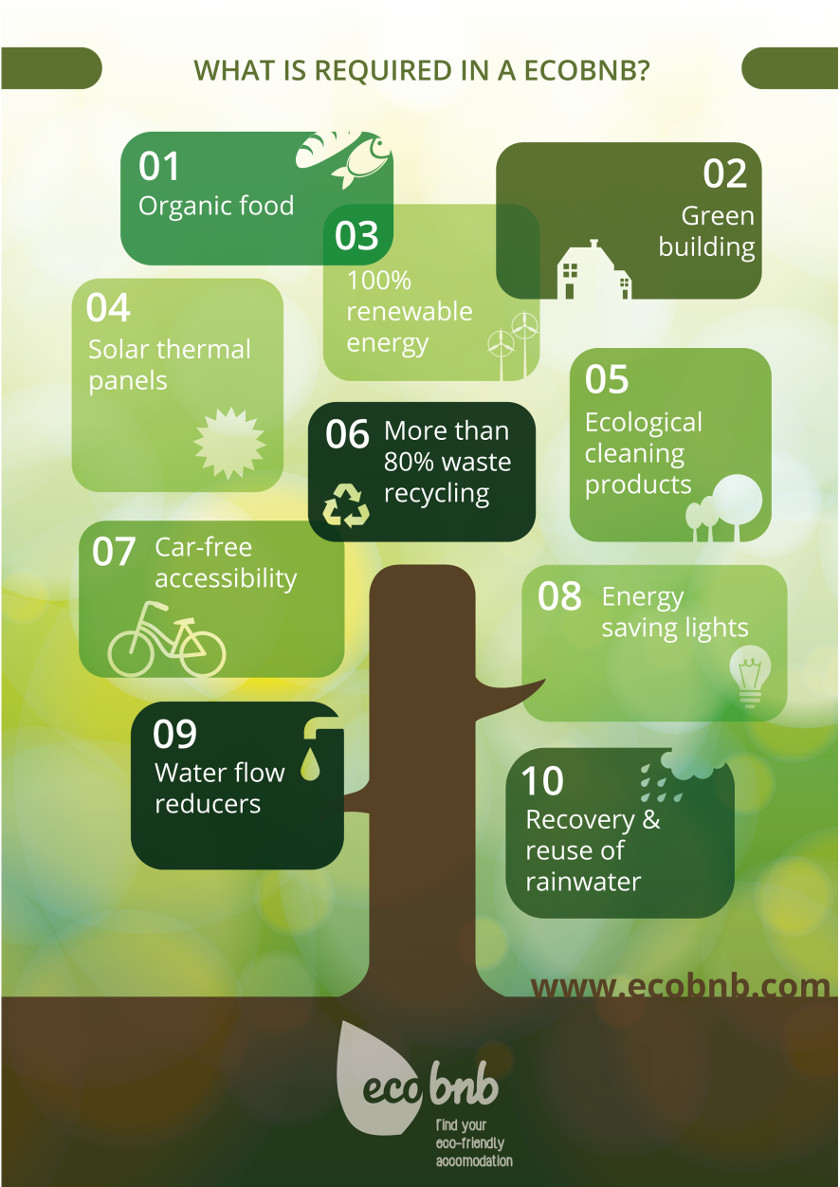
Do you want to improve your sustainability?
In this video, you can discover 10 more actions to implement in eco-friendly hotels
This video is made using InVideo.io
Cover image: Photo by Artur Łuczka on Unsplash

